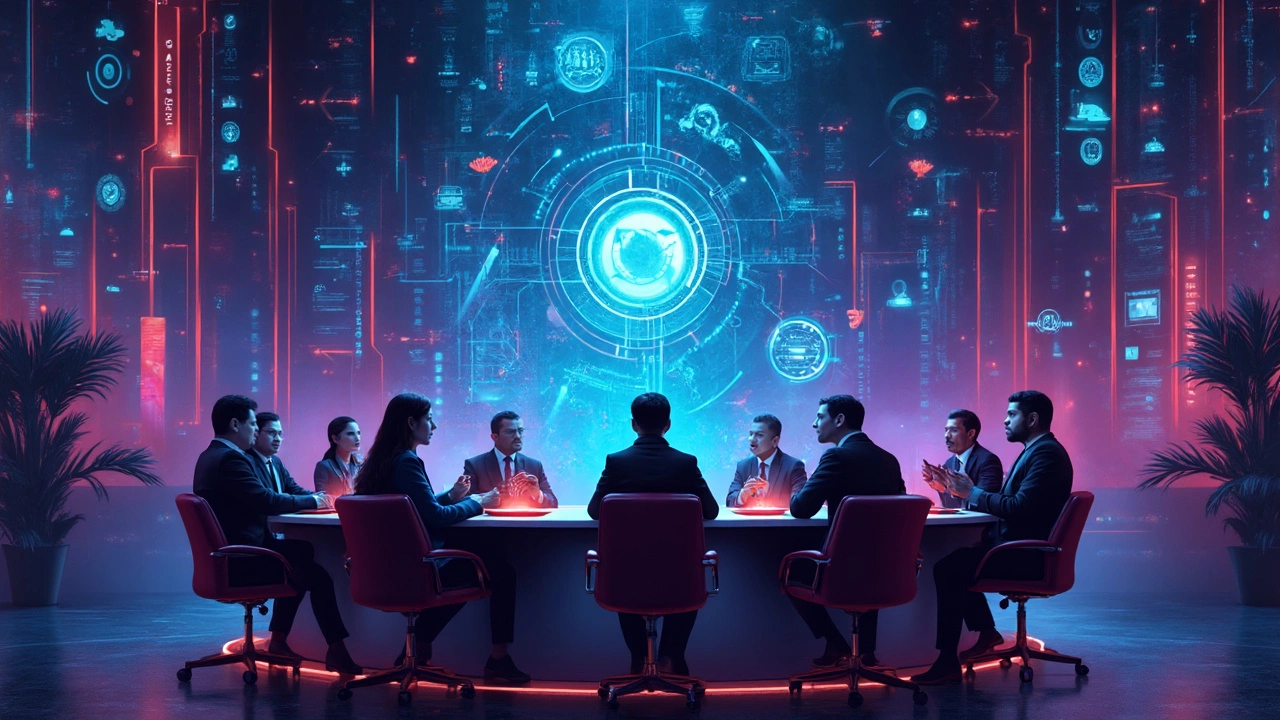ChatGPT Ownership: Who Really Controls AI Models Like ChatGPT?
When you use ChatGPT, a generative AI model developed by OpenAI that responds to text prompts with human-like answers. Also known as large language model, it’s not just a tool—it’s a product with legal, financial, and ethical boundaries. But who actually owns it? Is it OpenAI? Microsoft? The users who train it with their prompts? Or the researchers whose work built the foundation? The answer isn’t in the terms of service—it’s in the tangled web of licensing, funding, and intellectual property.
OpenAI, the research lab that created ChatGPT and other AI models like DALL·E and GPT-4. Also known as artificial intelligence startup, it started as a nonprofit but shifted to a for-profit structure to raise billions in funding. That’s when Microsoft, a tech giant that invested over $13 billion in OpenAI and now hosts ChatGPT on its Azure cloud servers. Also known as cloud computing provider, it gained exclusive rights to license the technology. So while OpenAI built the model, Microsoft controls its deployment at scale. Meanwhile, the training data came from public internet text—some of it copyrighted, some scraped without permission. That’s why lawsuits are piling up against AI companies from publishers, artists, and even researchers.
Ownership doesn’t stop at the company level. When a university researcher uses ChatGPT to draft a paper, who owns the output? When a startup builds a customer service bot on top of it, who’s liable if it gives bad advice? The legal system hasn’t caught up. In India, where AI adoption is growing fast in healthcare, education, and agriculture, these questions are urgent. A public health researcher using ChatGPT to analyze survey data? A teacher generating lesson plans? A farmer asking for crop advice? They’re all using something they don’t own—and that’s risky.
That’s why the posts here matter. You’ll find real stories about how AI models like ChatGPT are being used—and misused—in Indian research labs, startups, and classrooms. You’ll see how technology transfer fails when no one clarifies who controls the tools. You’ll learn why data scientists can’t ignore licensing, and why even simple AI systems like rule-based chatbots raise ownership questions. This isn’t about tech hype. It’s about who pays, who’s responsible, and who gets left out when the model runs on someone else’s rules.





